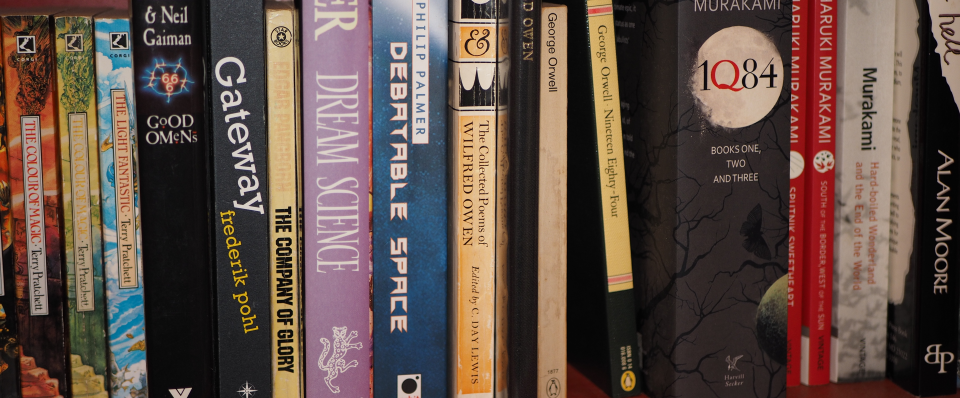Blue Dragon is the third novel in the Dark Heavens series, a contemporary fantasy series set in Hong Kong and based around Chinese mythology; it follows on from White Tiger and Red Phoenix
In my comments on the previous books I’d noted the unbearable Mary Sueness that slathered parts of them; over the course of the second novel things improved with a bit richer character development; there’s further improvement in characterisation/story balance, but still… the lead adds “part-demon” to her “part something terrifying to the shen” hidden personalities, but the force of her love and goodness means this doesn’t matter. Hurrah for her brilliant goodness! Somewhat balancing against that is the depth that comes out from the continuing development the secondary characters such as Gold and Jade.
It’s worth noting, as well, is that there’s very much a Deus Ex Machina ending with no real closure for the end of the series. While it seals off this arc, with wo major characters dropping out you’re clearly meant to pick up the next series.
Series overall
The series overall is readable but very uneven; a good editor could probably cut it down to a couple of very strong books. Since this series is the start of Chan’s writing career, one can hardly blame an Anne Rice-esque case of the author escaping guidance; rather it seems likely that the fantasy genre’s addiction to huge novels and sprawling series underpins a lack of enthusiasm for helping the author make better books. This is a shame, because Chan’s pretty good at writing a page-turner. It’s a skill not to be undervalued; there is no shortage of writers who are simply incapable of writing a readable novel, no matter how clever their ideas or deft their characterisations.
It’s even more of a shame because the fundamental idea is very good; contemporary fantasy working outside a European-derived cultural background (or predominantly European with a sprinkling of exotica) isn’t that common for us English-speakers. A series which is rooted in Chinese mythology and set predominantly in Hong Kong is a great change of pace, although the use of the setting is actually a bit weak for long periods. There are periods in the second and third novel where Chan is writing about Hong Kong, but for extended periods of the novels there was no real sense of place. When Chan does write about Hong Kong she projects the kind of breezy familiarity I’d expect of someone who lived there for a decade, but too often her characters seem to be in offices and houses in anywhereville.
The conceit of an Aussie gal being drawn into this story is something of an author insert, but a useful one given Chan is writing for an Anglo audience; that said, the series stumbles on the swathes of Mary Sue-ism surrounding the lead. For me the weakest bits were the chapters and chapters showing how she is the most brilliant martial artist/surrogate parent/lover/strategist/tactician/leader and everything else, and the fawning over her that accompanies this. The strongest are those where we see ambiguity, doubt, struggle.
